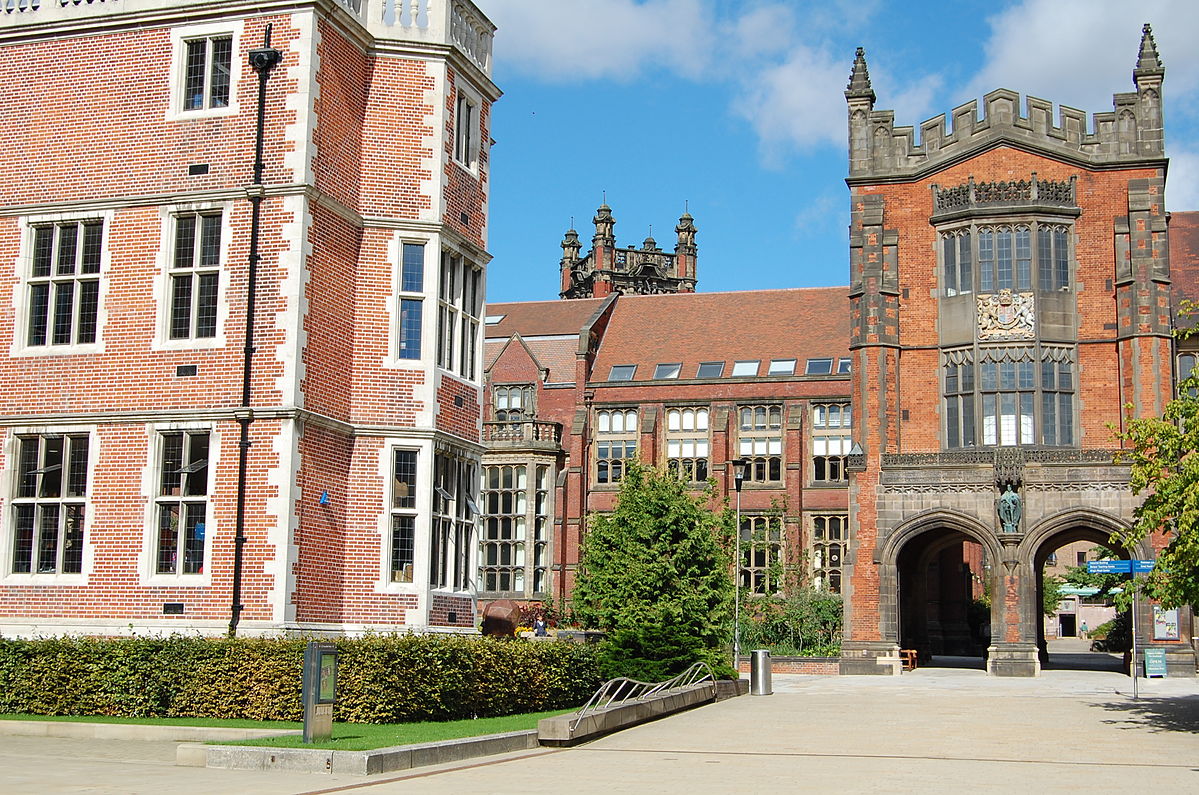Less than a quarter of public support decolonising curriculum at universities
Less than a quarter of people support efforts to decolonise the curriculum, according to a new poll.
Only 23% of the public said they agreed with decolonising the curriculum, according to research by the Higher Education Policy Institute (HEPI) and the UPP Foundation, a charity.
31% disagree with the idea, and 33% said they neither agreed nor disagreed.
The findings come as universities are under pressure to reform their curriculum content to ensure there is greater diversity in the texts studied by students, as well as to confront the legacy of colonialism.
The Schools Minister Nick Gibb pushed back against calls to decolonise the curriculum, saying that “a curriculum based on relevance to pupils is to deny them an introduction to the ‘best that has been thought and said’. And, of course, there is no reason why the work of a ‘dead white man’ is not appropriate for children from ethnic minorities to learn about.”
Despite the low support for decolonising the curriculum, the findings suggest universities can find widespread public support while changing the syllabus if they are presented thoughtfully.
When asked about broadening the curriculum to take in people, events, materials, and subjects from across the world, more than two in three (67%) of the public said they approved, with 4% against.
At times, it feels like universities are in the middle of a never-ending culture war, with protagonists from both sides stoking division and polarisation
– Richard Brabner, director of the UPP Foundation
Jo Grady, general secretary of the UCU, added: “Decolonising curricula benefits students from all backgrounds, but this activity is about more than just diversifying the material students are exposed to, and it should not have to be sanitised in order to win support.”
Richard Brabner, director of the UPP Foundation, said: “At times, it feels like universities are in the middle of a never-ending culture war, with protagonists from both sides stoking division and polarisation. But as our polling shows, the way we talk about contentious issues, such as decolonisation, can narrow or broaden appeal.
“This is an important lesson. There are gaps in support for the sector based on voting intention, age, and class. If these gaps widen, universities will face a difficult future.
“To grow public support, we need to demonstrate our worth to people who do not typically engage with universities – that means adopting approaches which persuade, linking our actions to their values.”
A Department for Education spokesperson said: “Academic freedom is essential on our university campuses, and that’s why the government is delivering on its manifesto promise to introduce a bill in Parliament to promote and protect freedom of speech in universities.
“Universities must be places where staff and students are able to discuss ideas freely, and learn about a range of views without the ‘chilling effect’ of censorship on campus.”

Comments